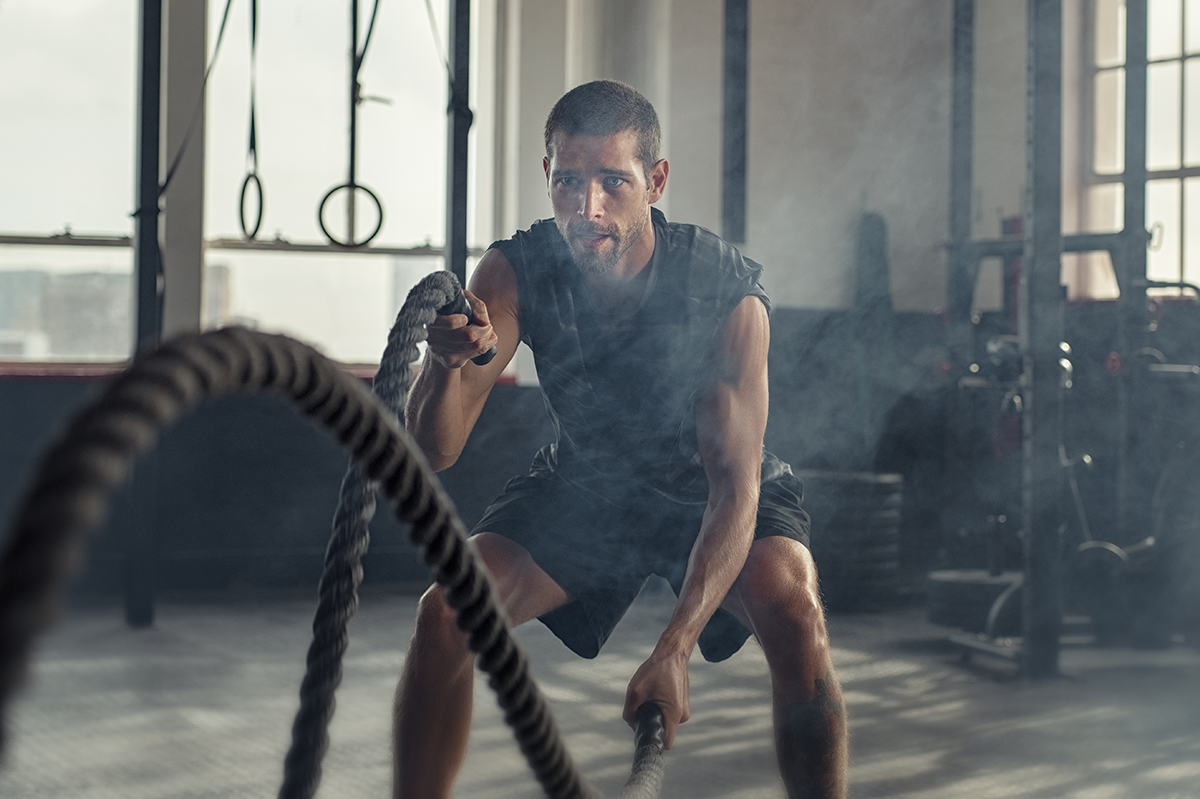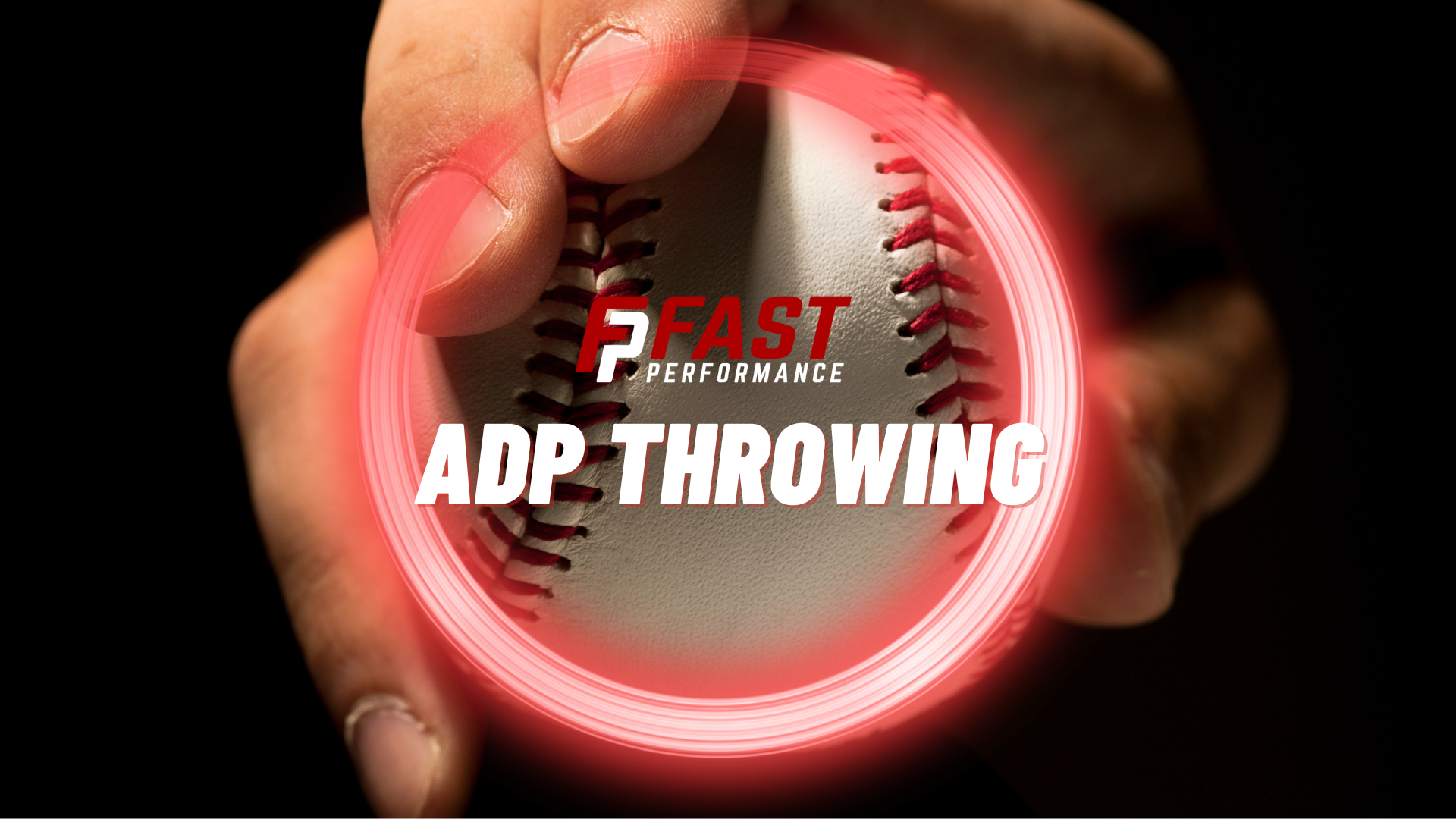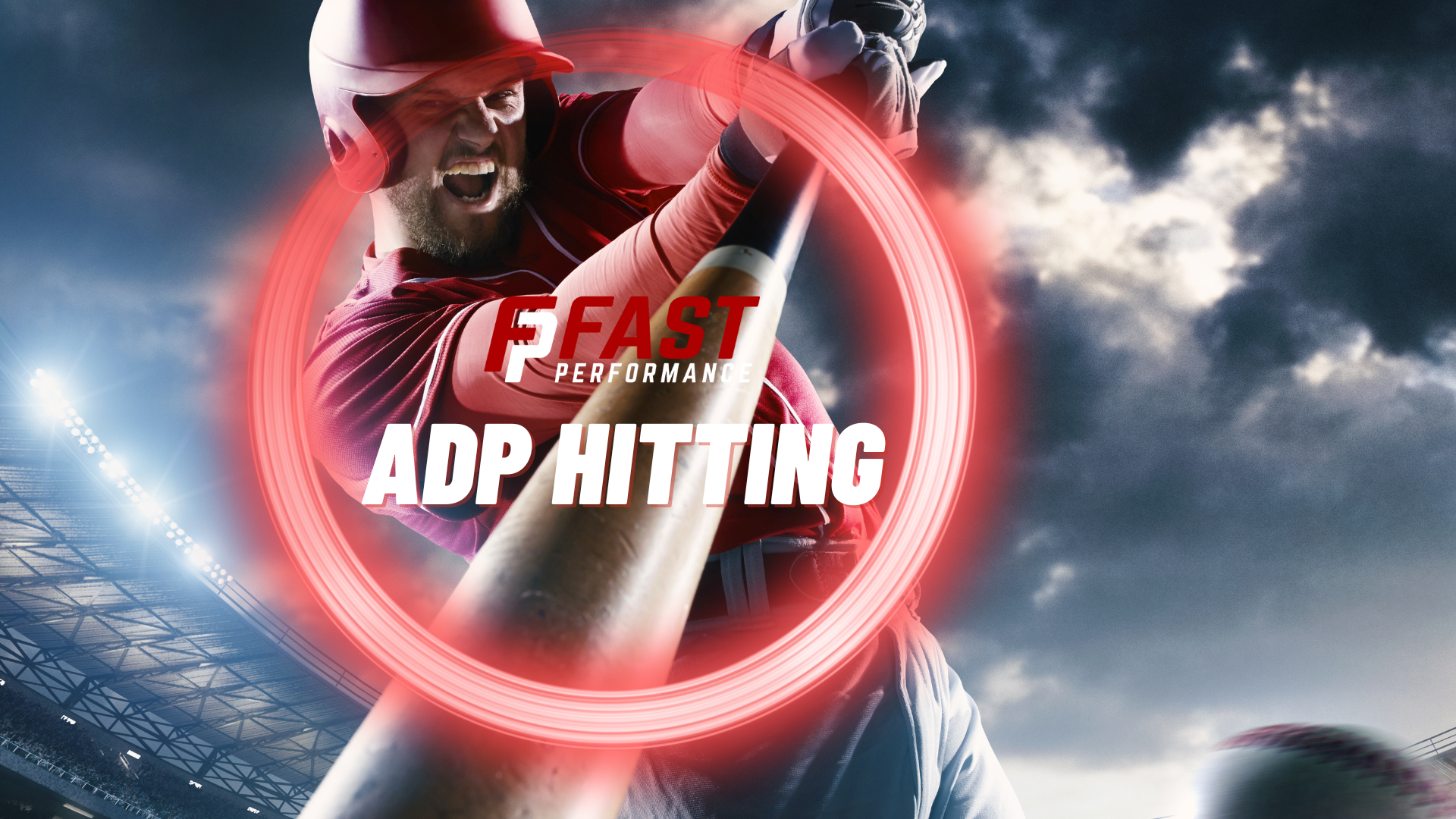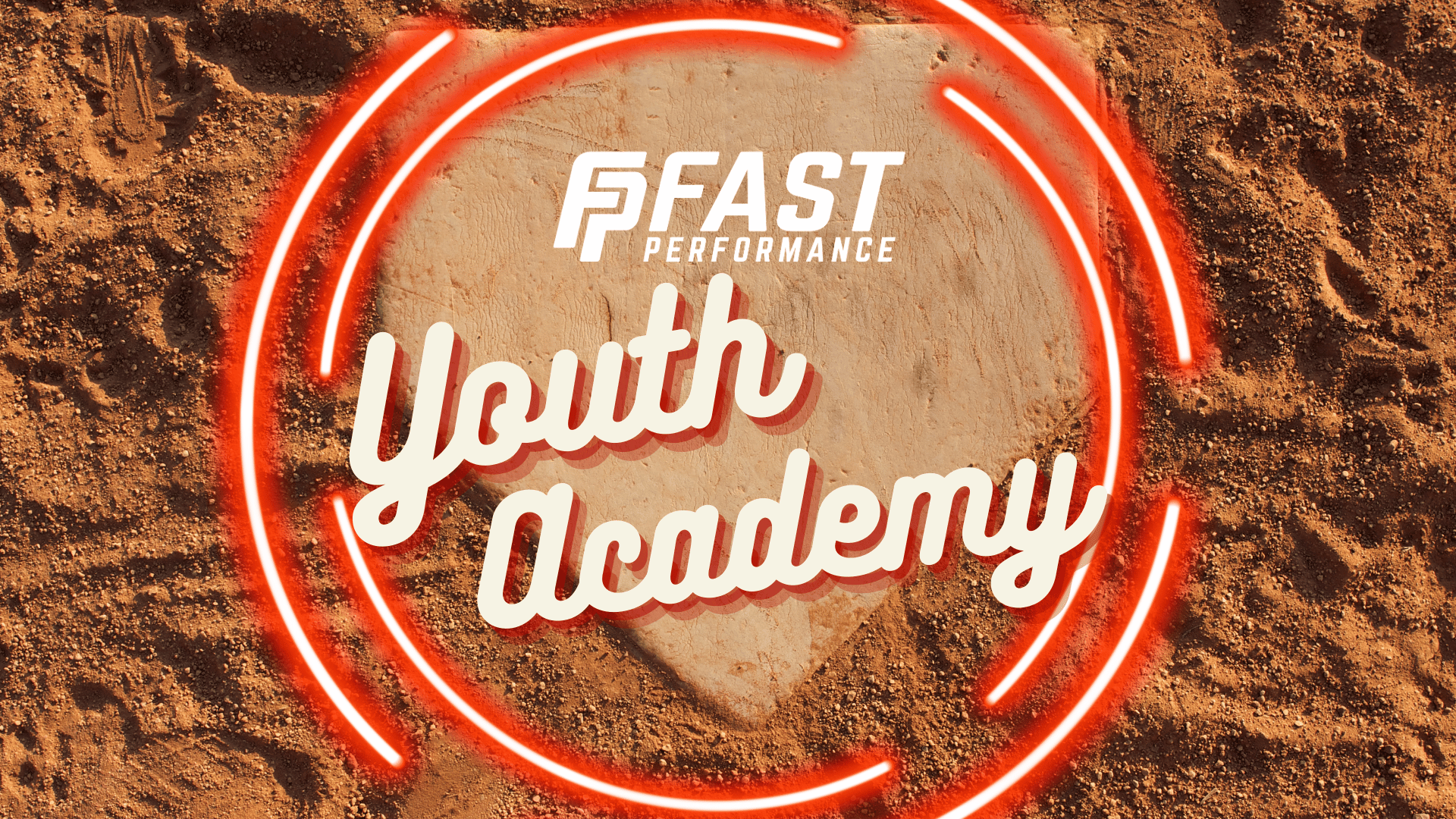Every level of athlete has room for improvement. Strong can always be stronger, skilled can always be more skilled, and fast can always be faster.
Even the very best in the world are always looking for that extra edge that will help them win. There are a number of ways to improve and fine-tune your athletic performance at any level.

Here are 11 tips on how to level up your game—no matter where you’re starting from:
11 Ways to Maximize Your Athletic Potential
1. Focusing on key areas of training
By targeting specific areas of your training, you can more effectively improve your overall performance. This may involve training with a certified coach to identify weaknesses and correct them through targeted exercises. The gym is a great place to improve your strength, speed, explosive power, and endurance.
Drills on the field or court can also help improve your speed and agility, while specific exercises can improve your endurance. Training for injury prevention is also very important, as this can help you stay healthy and avoid time off from training.
2. Incorporating new technologies
New technologies can help athletes train smarter and more efficiently. When it comes to baseball training, for example, pitchers can use devices that measure the speed and spin of their pitches to help them train more effectively. Devices like the Trackman and Rapsodo can help you look at your performance objectively—in terms of raw numbers—so you can evaluate and improve your pitching performance as efficiently and effectively as possible.
Wearable devices are helpful for providing real-time feedback on things like heart rate and movement. Having more data can be extremely useful for optimizing training and performance. Training with devices that simulate competition can also be very helpful in preparing for actual events.
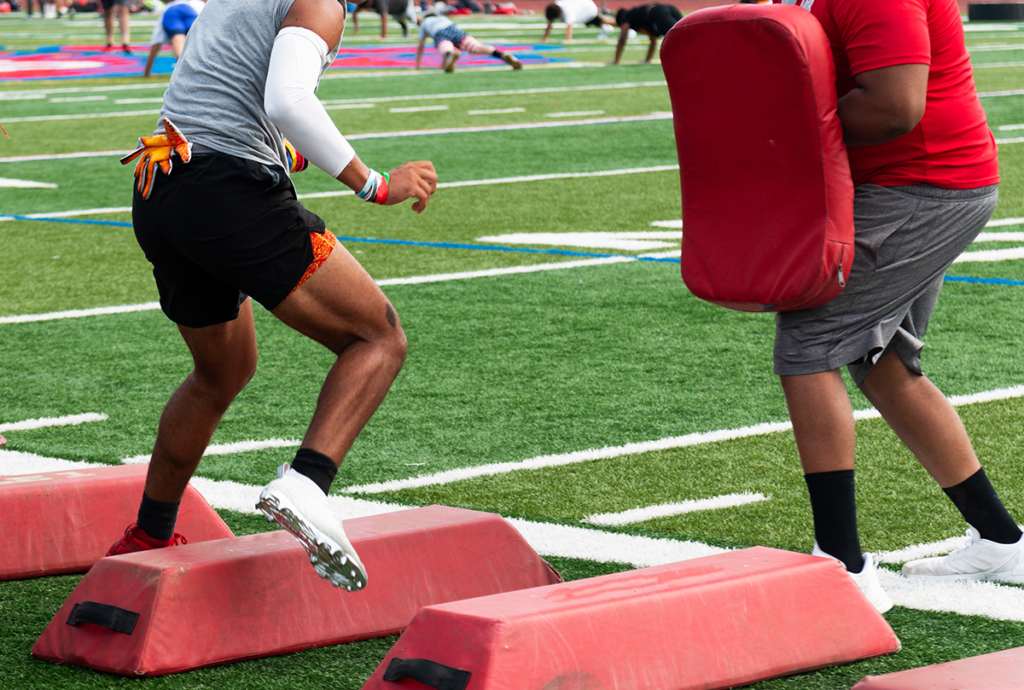
3. Adopting positive self-talk
Positive self-talk is a simple psychological/wellness technique that can help athletes improve their performance, focus on their goals, and stay motivated. This involves speaking to oneself in a positive and encouraging way, either out loud or just in one’s head. Positive self-talk can be helpful in reducing anxiety, improving focus, and increasing confidence before and during competition.
4. Modifying your diet and nutrition habits
What you eat and drink can have a significant impact on your athletic performance. A nutrition wellness program can help you identify foods and make dietary changes that will optimize your performance, recovery, and overall fitness. Nutrition is an important part of training, and it’s important to make sure you’re fueling your body in the right way if you want to see results.
We’ve all heard that “you are what you eat,” and it may sound cliché at this point, but this phrase couldn’t be more true when it comes to athletes. You wouldn’t put low-quality gasoline in a high-performance car, would you?

5. Optimizing your sleep schedule
Sleep is critical for recovery and optimal performance. Adjusting your sleep schedule may help you get the most out of your training. Resting properly can also help reduce the risk of injury.
But here’s where some athletes trip up: When it comes to sleep, more is not necessarily better. The key is to get enough quality sleep to allow your body to recover from training and perform at its best, without overdoing it and getting too much rest.
6. Practicing visualization and mental imagery
In addition to positive self-talk, positive visualization and mental imagery can help athletes improve their performance. It may involve picturing oneself executing a perfect performance or achieving a personal best. By visualizing themselves performing at their peak, athletes can train their minds to better execute on game day.

7. Incorporating sports psychology into your training
Along with positive visualization, sports psychology techniques can help athletes improve their focus and performance. Being aware, present, and focused on the task at hand can help athletes better execute in competition. Focusing on the process, not the outcome, can help reduce anxiety and improve performance.
Self-regulation and breathing techniques can also help athletes control their emotions and stay focused. With these and many other performance intervention strategies available, sports psychology can help you develop mental skills that will give you the edge on game day.
8. Working with a performance coach
A performance coach can help athletes identify areas of improvement and develop customized plans to address those needs. A coach can also provide guidance and support throughout the training process.
If you’re looking to take your performance to the next level, consider working with a performance coach. A coach can help you identify areas of improvement and develop a plan to address those needs. The best performance coaches also provide guidance and support throughout the training process.

9. Doing regular physical assessments to monitor progress
Physical assessments can help athletes identify areas of improvement and track their progress over time. Assessments may involve tests of strength, power, agility, and flexibility. Regular monitoring can help athletes identify areas that need further attention.
10. Experimenting with different types of training programs
It gets said a lot, but that’s because it’s true: There is no one-size-fits-all approach to training. What works for one athlete may not work for another. It’s important to experiment with different types of training programs to find what works best for you.

11. Paying attention to detail in all aspects of your training
Details matter when it comes to training. Paying attention to things like form, technique, and recovery can make a big difference in your performance. Making sure your training is specific to your sport and goals is also important; training for a marathon is different than training for a sprint.
Final Thoughts
No matter what level you are, there is always room for improvement. Even the top athletes in the world are constantly striving to improve their performance, and making small improvements like these can add up to big results.
If you want to take your game to the next level, try incorporating some of these techniques into your training and see how they impact your performance. And remember: The key is to find what works best for you and to keep pushing yourself to be the best that you can be. If you can pull that off, the sky is the limit.
